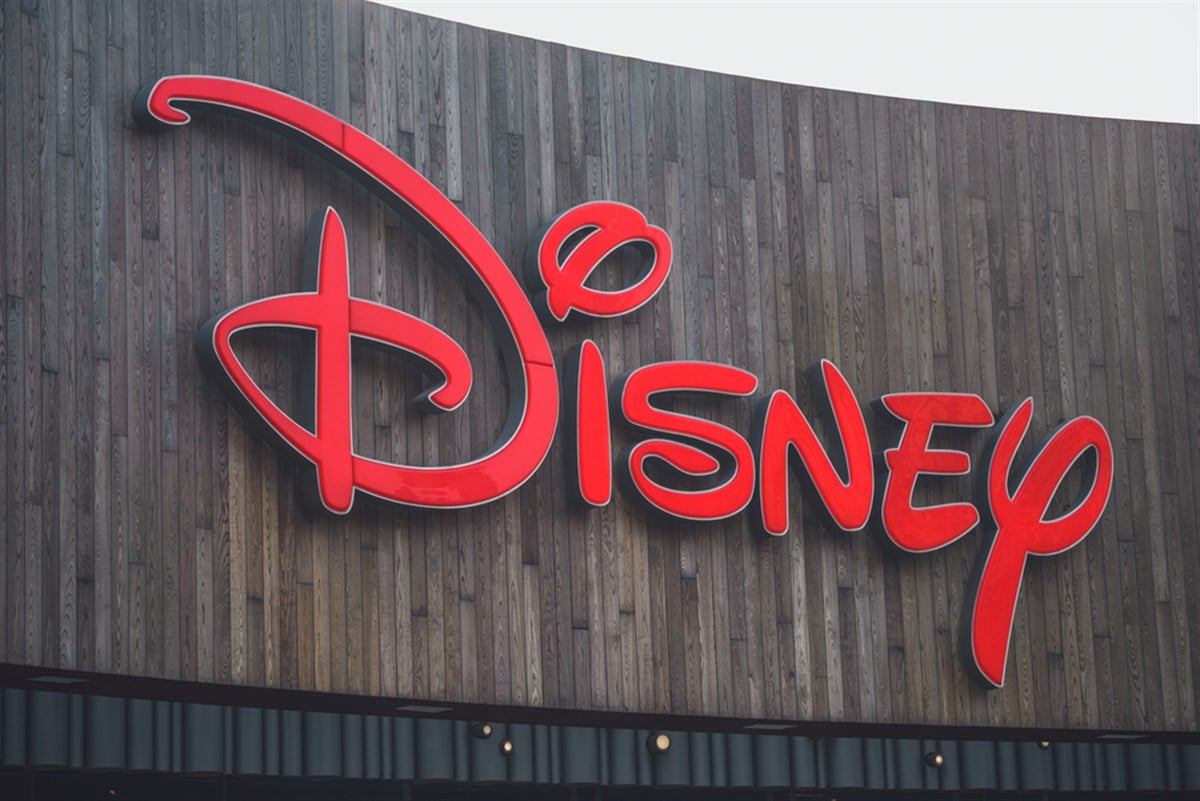
With the new business cycle coming to the United States stock market, specific stocks will likely attract most of the attention from investors looking for a value bargain to multiply their wealth in the coming years. Hopefully, after the recent rallies in the stock indices, which are hitting new all-time highs, you’ve taken some profit and are liquid enough to hunt for the next opportunity.
For reasons that will soon become clear, stocks like Walt Disney (NYSE: DIS) offer you skewed – in your favor – risk to reward scale today. After a dismal performance from 2021 to 2023, the stock became an acquisition target when it sat at only 38% of its all-time high price of $203 a share. The stock follows the rest of the market to bring you a new yearly high.
Some analysts in Wall Street see the writing on the wall for Disney stock. They are laying out their bullish opinions to reflect just how much upside there could be shortly for this company; this is especially the case when you dig deeper into what caused the stock to crash, as well as what is recently causing it to recover.
The Worst in the Rearview Mirror for Disney
That is where everything negative to be said about the company is now, in the rearview mirror. Starting with a dividend cut – to zero – during the peak months of the COVID-19 pandemic, Disney spooked some investors away from it. But even more than that, management decided to burn through piles of cash into ventures that didn’t necessarily play out.
Now, the view is different. Disney management wants to cut costs by as much as $2 billion to return the company to its previous profitability and former glory. Amazingly, the company generated net income margins up to 20% before the pandemic, which is multiple times higher than the metric today.
Looking at the 2015 to 2020 period, you will notice that Disney generated between 15% and 20% in net income margins, accompanied by double-digit returns on invested capital (ROIC) rates. Because ROIC is the stuff that drives stock prices in the long term, Disney was a sure bet as far as compounding your wealth.
The picture completely changes when you expand this timeframe to the post-COVID era, 2021, to the present, which shows a significantly less profitable business with below 5% net income margins and low single-digit ROIC rates. This entirely different company is headed for disaster, or at least that’s what the bears want you to believe.
If you want the truth, Disney is only one of the few consumer discretionary stocks punished for reinvesting vast sums of cash, equaling nearly $15 billion in 2019 and a steady outflow of investment of $4 to $5 billion after that. All of this investment effort went into one project: Streaming.
Most investors didn’t realize how long this new branch of Disney would take to pay off, a reality that dragged margins lower as costs to set up this business grew more prominent. However, that is all in the past, as management has closed its recent financial quarter with some positive remarks for the future.
Disney a Brighter Future
According to its quarterly earnings press release, Disney grew its earnings per share by nearly 50%, all while being on track to reduce costs by as much as $7.5 billion this year. On a free cash flow basis (operating cash flow minus capital expenditures), an expected $8 billion served to fuel stock buybacks and dividend reinstatement.
Now that the Federal Reserve (the Fed) is set to cut interest rates later this year, stocks exposed to the Consumer Discretionary Select Sector SPDR Fund (NYSEARCA: XLY) could see a catch-up to the broader S&P 500, an index the sector underperformed by as much as 4% in the past quarter.
Across the world, another stock buying back as much as $35 billion in its stock is Alibaba Group (NYSE: BABA), solely due to management believing the stock to be significantly cheaper than its actual value.
Also believing the stock to be a ridiculous bargain today, Disney management announced a buyback program of up to $3 billion, 1.5% of the company’s market capitalization.
Who else thinks the stock is cheaper than where it should be? Analysts at The Goldman Sachs Group Inc. (NYSE: GS) and Wells Fargo (NYSE: WFC) see a respective price target of $120 and $128 each, calling for an equaling 8% and 15% upside from today’s prices.
Can Disney return to making its 15% to 20% net margins? It would be interesting to see where the stock goes. If management can pull off a 10x in this metric, could the stock also 10x?












